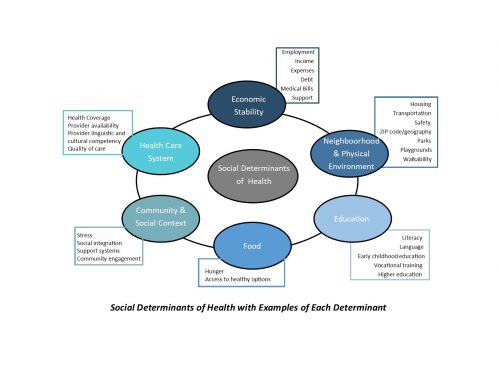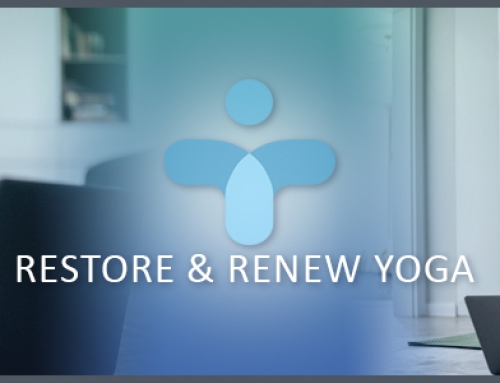The workers’ compensation industry gets a lot of bad raps about how we conduct our business. There are “exposés” by organizations talking about the injustices within the workers’ compensation system. I see law firm ads throughout the country stating “they are for the people” and will help you with your workers’ compensation case when you are being treated unfairly. But how about when you are being treated fairly?
Two weeks ago, I was talking to the caring, professional case manager supervisors here at CompAlliance at a meeting in our corporate office. They shared a couple stories that tell a different side to this tale. My goal today is more about opening a constructive dialogue than doing my own “gotcha” exposé.
In the first story, the injured worker experienced a significant injury at work that left her with a traumatic brain injury after a significant surgical complication. She was having difficulty comprehending the physician instructions and adhering to her extensive rehabilitation plan. The case manager working with her was doing what case managers do best, facilitating the treatment plan, ensuring timely authorizations and collaborating with all stakeholder to improve communication and adherence.
The injured worker elected to engage the services of an attorney who immediately cut off all contact between the case manager and the injured worker. Subsequently the injured worker’s adherence to her treatment plan and access to timely communication between all stakeholders was diminished. When initially following up with the applicant attorney, the case manager attempted to clarify her role and sought to regain this important level of contact with the injured worker unsuccessfully. Ultimately the case manager received a call from the injured worker asking her if she could call the attorney for her, and fire her attorney. (Obviously that did not happen.)
In the second story the case manager was working with an injured worker who sustained a fall and experienced a significant facial fracture and laceration. She had a history of diminished mental capacity as a comorbid factor. The injured worker was immediately taken to her local ER and was told they were unable to take care of her injury. The claims professional engaged our services to explore and coordinate appropriate emergent care. The case manager arranged for transfer and treatment with a maxillofacial specialist in St. Louis at a trauma hospital.
Upon discharge, the case manager ensured a safe transition for the injured worker to the home environment. The case manager received on average three to four calls per day from the injured worker to seek clarification of different aspects of her care, dates of follow-up appointments, etc. Upon return to her home, the injured worker’s cousin (who worked in the local ER that could not effectively assist initially) advised the injured worker to obtain an attorney as her laceration looked “really bad”. Immediately upon engagement of the attorney all contact between the case manager and the injured worker was terminated at the request of the attorney.
The case manager attempted to detail all the assistance she had provided initially, and on an ongoing basis, and the potential implications of the injured worker’s comorbidity upon the outcome of this case, to no avail. There were significant concerns about the injured worker’s ability to participate independently in her own care effectively, which were also shared with the attorney.
In both cases, the role of a case manager was clarified with the applicant attorney. In both cases, there were significant comorbidities impacting the potential rehabilitation and eventual success of treatment. In both cases, the role URAC accreditation (as a consumer based accreditation) plays in the actions of a case management company, was reviewed.
Who develops URAC’s standards?
URAC develops its standards based on extensive input from independent advisory committees which are comprised of stakeholders with expertise in the delivery of quality health care. Standards are developed through extensive discussion and are then made available for public comment. This leads to further refinement and is then submitted to URAC’s independent advisory group for approval. URAC’s Board of Directors is responsible for final approval of accreditation standards. URAC’s Board of Directors is specifically designed to ensure diverse representation from throughout the health care industry. URAC’s accreditation programs are reviewed on a regular basis to ensure that our standards are up to date and relevant to industry best practices.
I am not stating an injured worker should not access the services of an attorney. I am not stating there are times when engaging the services of an attorney is unavoidable. I am only questioning what benefit did the attorney bring to either of the above examples? What was the benefit of terminating the services of a case manager who was obviously positively impacting the services and treatment being provided to their client? If in these cases detailed above, the attorney was “for their client”, why did they terminate case management involvement? Other than educating the applicant attorney to the goals for case management and the role of case management, what can a case manager do?



